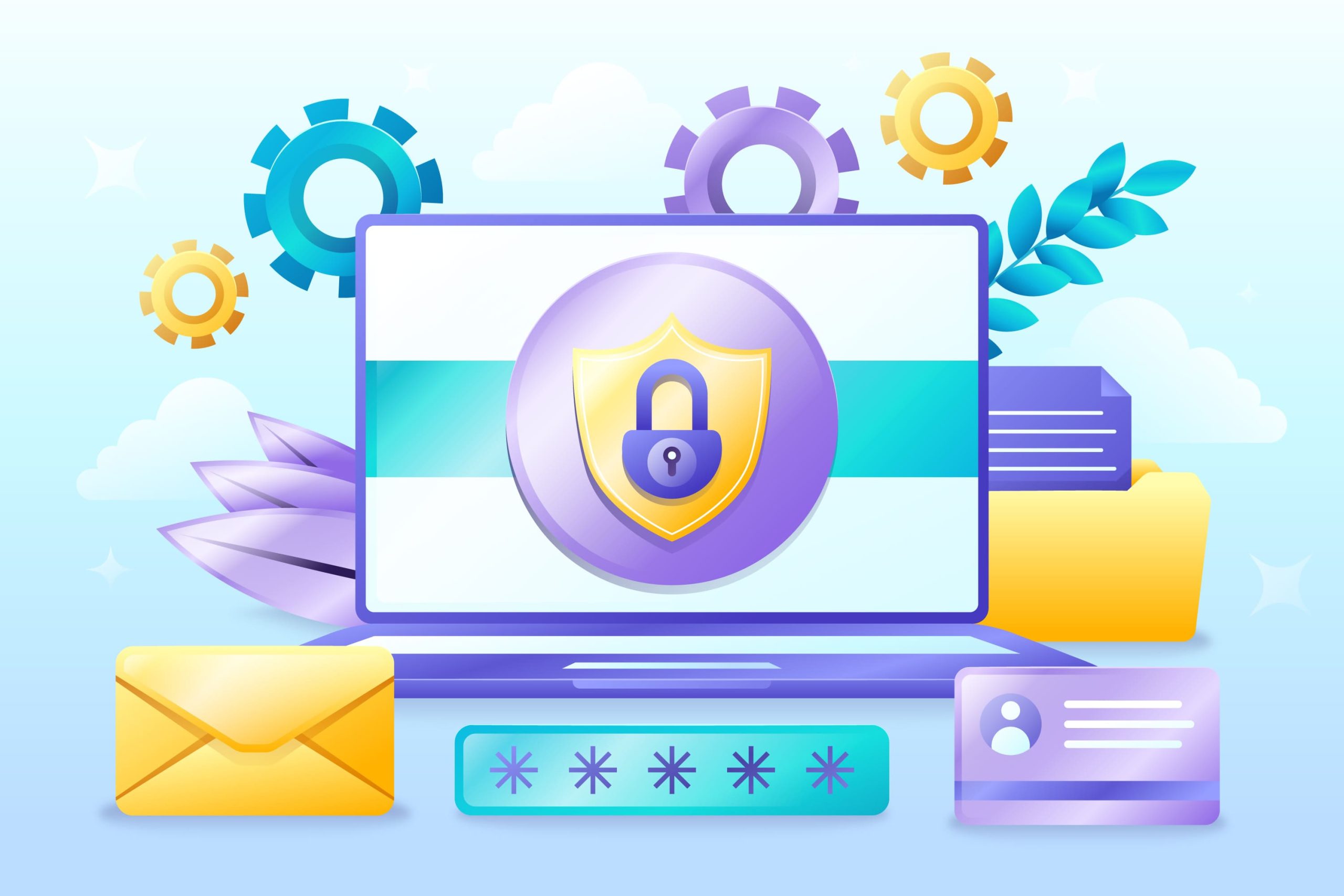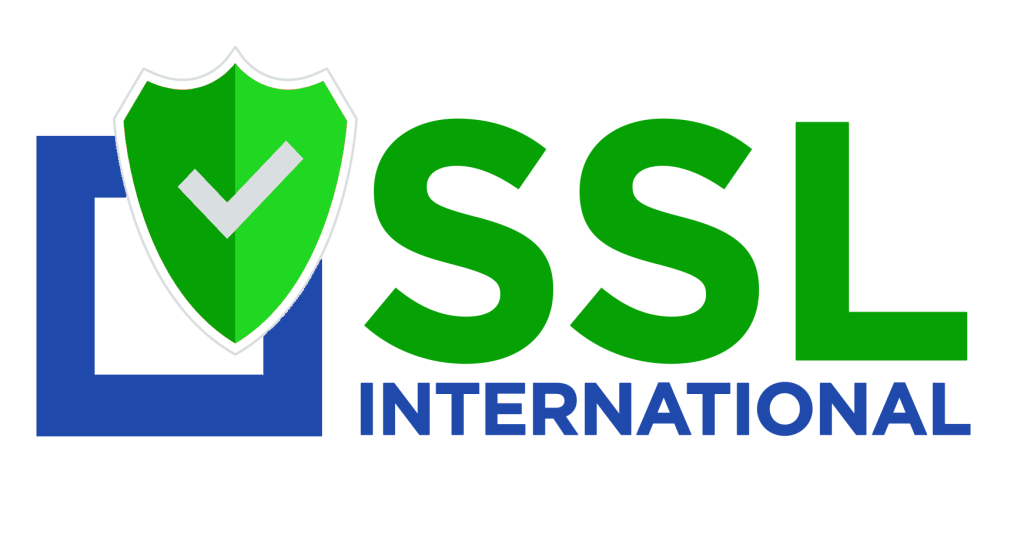A secure website is no longer a luxury, it’s a necessity for anyone who wants to build trust, protect data, and maintain a professional online presence. With cyber threats growing more sophisticated each day, ensuring you to have a secure website is the first step toward preventing data breaches. Whether you run a personal blog, a small business site, or a large e-commerce platform, knowing how to maintain a secure website is crucial. In this article, we’ll walk you through 11 essential ways to create and maintain a truly secure website that keeps hackers out and your users safe.
11 Essential Ways to Secure Your Website
1) Create Complex Password & Turn On Two-Factor Authentication (2FA)
Hackers often use automated tools to crack weak passwords. By using strong passwords containing letters, numbers, and symbols, you can reduce the risk of unauthorized access. Adding 2FA provides an extra security layer, ensuring that even if your password is compromised, your account remains protected.
2) Use SSL Certificate and Enable HTTPS
Having an SSL certificate is essential for maintaining a secure website. It activates HTTPS, which encrypts sensitive information such as login details and payment data, making it harder for hackers to steal. Moreover, switching to HTTPS boosts your site’s SEO performance, strengthens user trust in your brand, and helps you stay compliant with data protection regulations.
3) Implement a Web Application Firewall (WAF)
A Web Application Firewall acts as a shield between your website and harmful traffic. It identifies and blocks dangerous threats like SQL injection and cross-site scripting (XSS), helping to keep your site protected from frequently used attack methods.
4) Leverage Advanced Website Security Solutions
Tools like SSL International’s advanced security products safeguard your website while also enhancing its performance. With features such as malware scanning, HTTPS enforcement, DDoS protection, and API shielding, these tools filter out harmful traffic before it reaches your site—keeping your operations smooth and secure.
5) Set Up Role-Based Access Permissions
Restrict backend access to only authorized team members based on their roles. This minimizes the risk of unauthorized actions or accidental errors, helping to preserve your website’s security and stability.
Read More : Enhancing Website Security with Geotrust SSL Certificates
6) Conduct Security Scans Routine
Frequent security scans like vulnerability assessment could help you spot and fix weaknesses before they’re exploited. With tools like SiteLock, you can automate the detection and resolution of security threats, ensuring your website stays well-protected at all times.
7) Regularly Update Your Software
Running outdated software can leave your website exposed to known security flaws. To maintain a secure website, make sure your CMS, plugins, and themes are always updated to the latest versions, which often include important security patches that close potential entry points for attackers.
8) Remove Inactive Plugins and Unused Features
Inactive plugins and unnecessary features can create hidden vulnerabilities. Conduct routine checks on your website to deactivate or uninstall anything you’re not actively using. Keeping only the essential and updated components helps reduce the risk of cyber threats.
9) Perform Frequent Website Backups
Consistent website backups provide a critical recovery option in case of a cyber incident. With a recent backup, you can swiftly restore your website, reduce downtime, and avoid losing important data.
10) Keep an Eye on Site Logs and User Activity
Reviewing your website’s access logs helps you identify potential threats early. Be alert for irregular login patterns, traffic surges, or unauthorized file modifications—these could be signs of an attack in progress.
11) Raise Cybersecurity Awareness Among Staff and Users
Human error is a leading cause of security breaches. Educate your team and users about identifying phishing scams, practicing safe browsing habits, and reporting anything suspicious. Promoting cybersecurity awareness can go a long way in protecting your site.
Secure Your Website with SSL International
Protecting your website is an ongoing process that requires both focus and proper resources. By applying these strategies, your business can strengthen their website security, lower the chances of cyber threats, and keep their digital operations running smoothly.
SSL International, a trusted provider of digital security solutions, delivers SSL certificates, code-signing certificates, and other essential tools to help secure your website and online activities. Our advanced protection services are designed to guard against common cyberattacks while optimizing your website’s performance.
Looking to secure your site? Get in touch with SSL International today for expert support and tailored solutions.


